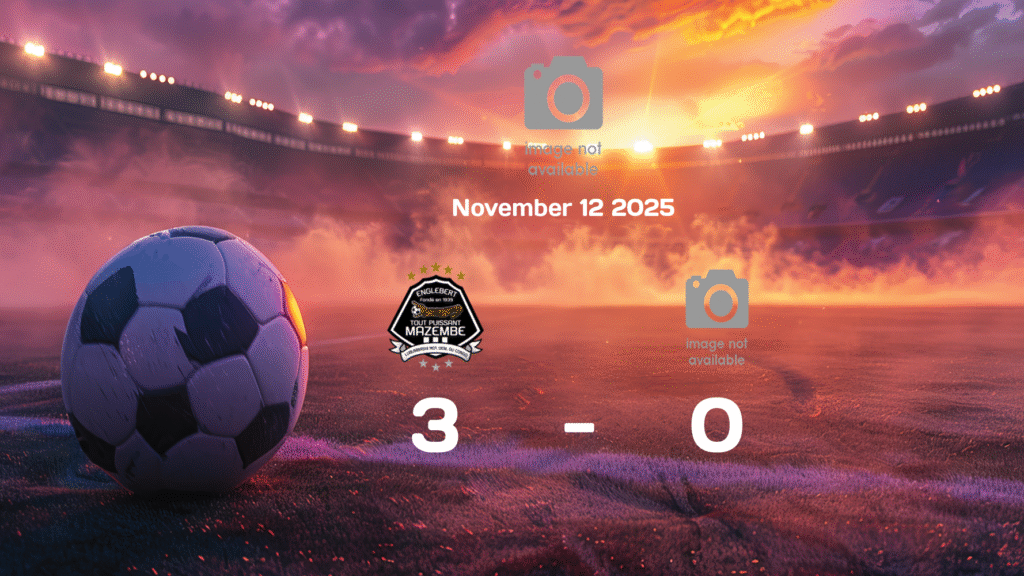Unemployment Rises Sharply for Black Americans Despite Overall Job Market Strength

Unemployment among Black Americans has climbed to 7.2%, its highest level in nearly four years, even as the national jobless rate holds steady at a historically low 4.2%.
The disparity highlights a widening gap in the US labour market, where overall economic resilience masks mounting challenges for Black workers. The last time unemployment for this group reached such levels was October 2021, when the country was still emerging from the economic shocks of the pandemic.
The increase threatens to undo the progress Black Americans made during and immediately after the pandemic recovery, when opportunities expanded across many sectors and wages grew. Economists warn that without targeted interventions, these setbacks could deepen existing inequalities in employment and earnings.
While national figures suggest stability, the higher rate for Black workers points to vulnerabilities in industries where they are heavily represented, such as hospitality, retail, and certain service sectors that remain more sensitive to economic shifts. Analysts also note that Black workers are often the first to face layoffs and the last to be rehired during downturns.
The labour market divide has been a long-standing issue, with Black unemployment historically running nearly double that of white workers regardless of broader economic conditions. The recent surge underscores how even periods of strong national job growth can leave large segments of the population behind.
Federal officials have previously emphasised that a tight labour market is essential for narrowing racial gaps in employment, as employers are more willing to recruit and train workers who might otherwise be overlooked. Yet the latest figures suggest those gains are at risk of being reversed.
For many families, the reversal is already being felt. Advocates argue that higher unemployment among Black workers not only reduces household income but also affects housing stability, access to healthcare, and overall community well-being.
The figures arrive as policymakers weigh how to balance inflation concerns with maintaining job growth. Rising interest rates have cooled hiring in several industries, and some economists caution that Black workers may continue to bear a disproportionate share of the strain.
Although the national unemployment rate remains near record lows, the growing divide between overall figures and the reality for Black workers poses difficult questions about the durability and inclusiveness of the US recovery.













